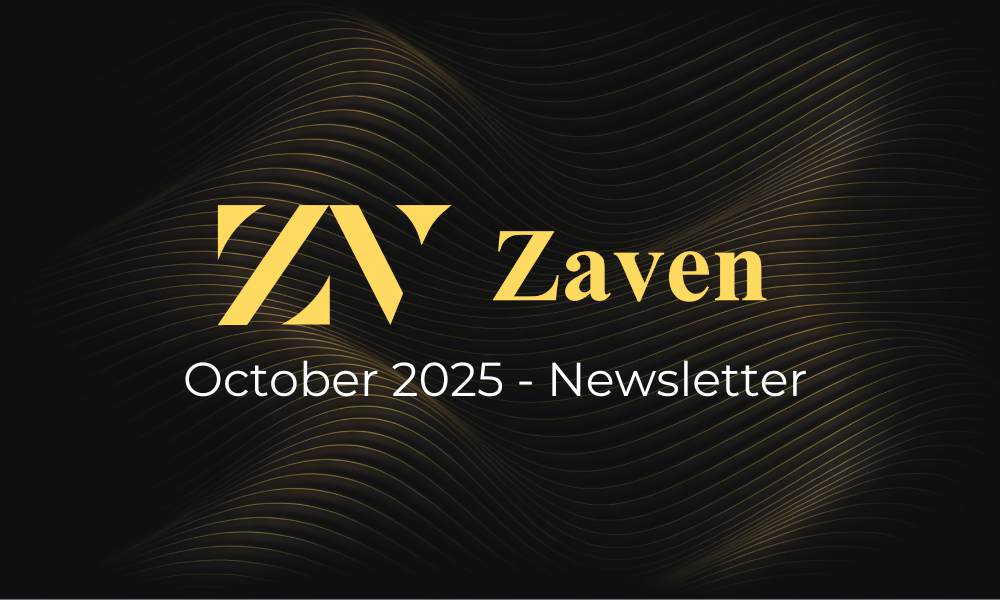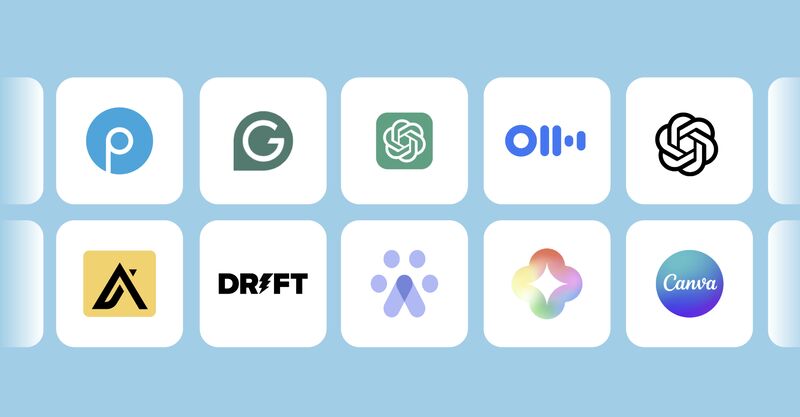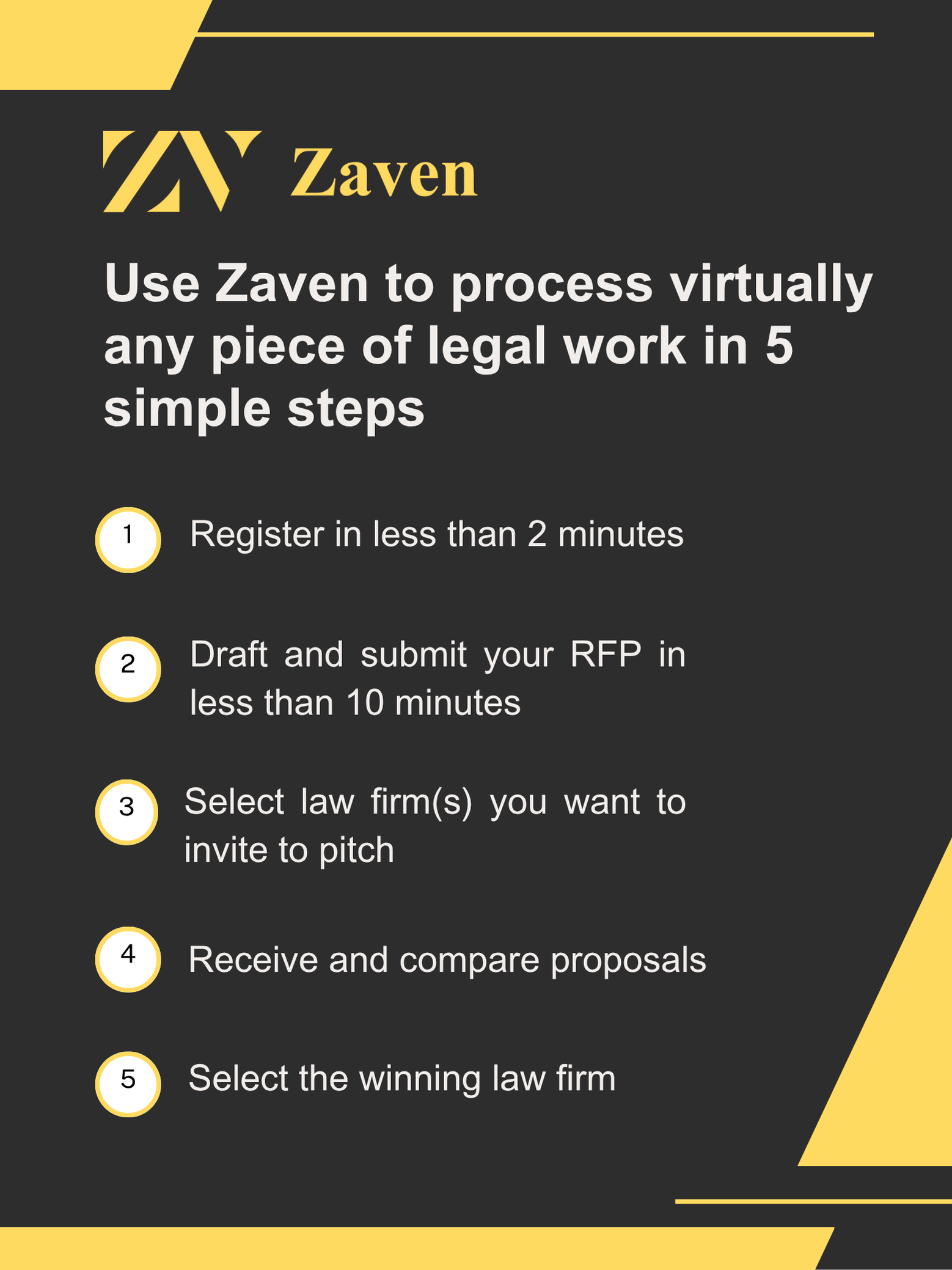Source: Above the Law, Harvard Business Review
In today’s business landscape, where corporate decisions face unprecedented scrutiny, legal leaders are emerging as architects of ethical transformation. Leading this charge is Robert Chesnut, former General Counsel and Chief Ethics Officer at Airbnb, who offers a fresh perspective on turning integrity from a compliance requirement into a cultural cornerstone.
The Traditional Challenge
Most organizations still approach integrity through traditional means: annual ethics training, compliance handbooks, and online courses. However, as Chesnut notes, “Integrity can’t be handled by a once-a-year email or a couple of pages in a forgotten employee handbook.” This conventional approach, while legally sufficient, fails to create lasting cultural change.
A New Approach to Corporate Ethics
Chesnut’s experience at Airbnb demonstrates three innovative strategies that transform how companies approach integrity:
1. Making Integrity Visible and Celebratory
Airbnb introduced “Integrity Yetis,” a creative recognition program that celebrates employees who demonstrate ethical behavior. This initiative transformed integrity from a compliance obligation into a source of workplace pride. Employees receive public recognition for ethical actions, even for seemingly minor acts like calling out security protocol lapses.
2. Democratising Ethics Through Ambassador Networks
Rather than centralizing ethics within legal departments, Chesnut advocates for creating networks of “ethics ambassadors” across all organizational levels. These volunteers, typically mid-level employees, become ethical decision-making champions within their teams, embedding integrity into daily operations.
3. Measuring Integrity as a Business Metric
Chesnut introduced quantifiable metrics to track ethical culture, including:
- Employee engagement with ethics initiatives
- Frequency of integrity-related questions
- Response patterns to ethical dilemmas
This data-driven approach transforms integrity from an abstract concept into a measurable business objective.
The Business Impact
Companies embracing this cultural approach to integrity are seeing tangible benefits. When integrity becomes part of daily conversations and celebrations, it drives both employee engagement and business performance. As Chesnut explains, “Create an environment in which integrity is openly embraced by leadership and woven into the fabric of your culture, and it will be a powerful asset.”
Looking Ahead
The future of corporate integrity lies not in more rigorous compliance programs but in creating cultures where ethical behavior is celebrated, measured, and woven into the fabric of daily operations. Legal leaders are uniquely positioned to drive this transformation, shifting from rule enforcers to culture champions.
For organizations looking to strengthen their ethical foundation, the message is clear: make integrity visible, measurable, and, most importantly, celebrated. Only then does it become a true competitive advantage in today’s business environment.
Read more: Above the Law, Harvard Business Review







